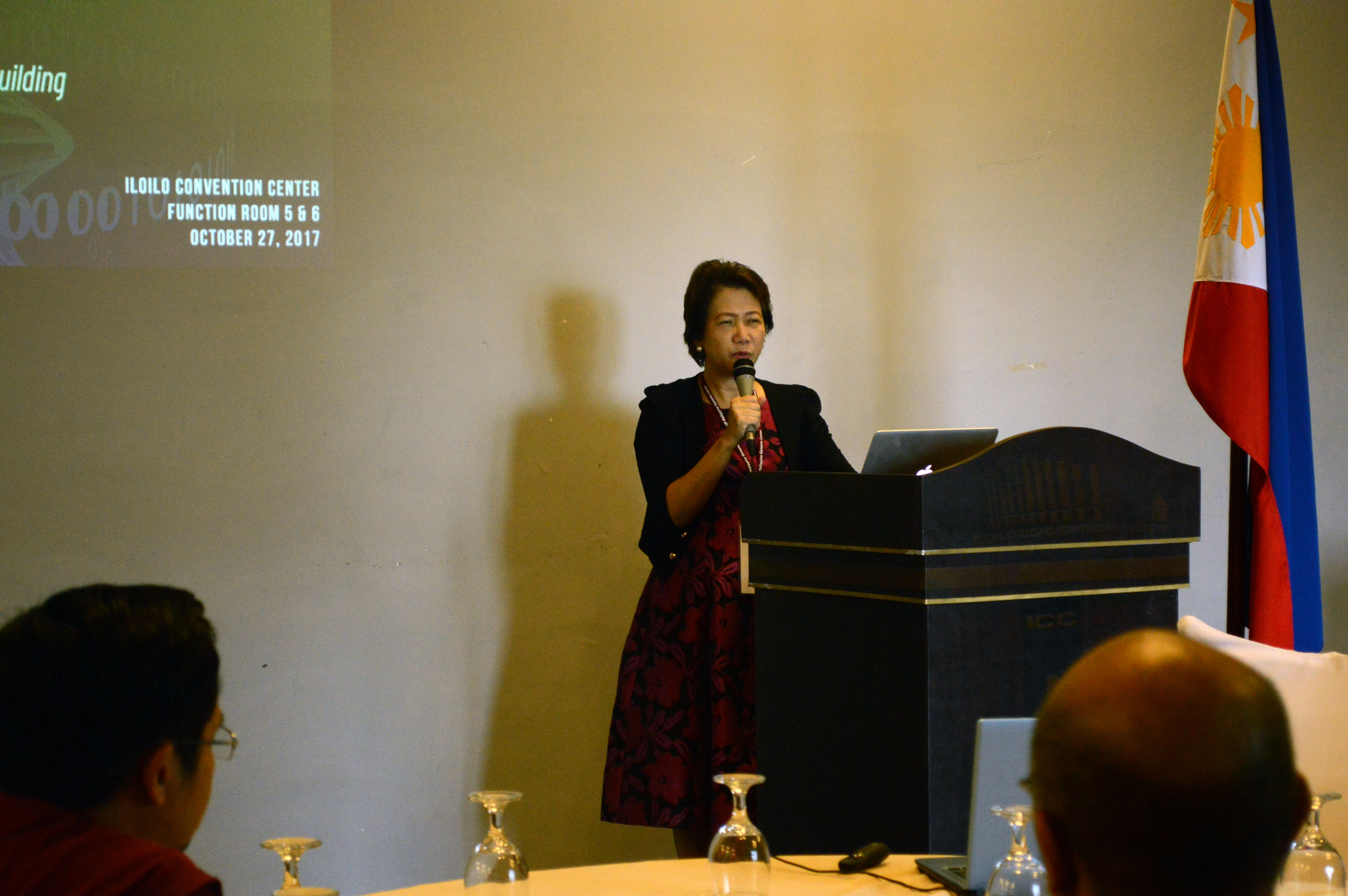Partnering for genomics research and collaborating for capacity building—the Philippine Genome Center invited researchers, faculty, and project leaders in the Visayas region with the goal of initiating collaboration amongst local principal investigators and promoting capacity building to budding genomics researchers. The symposium was held at the Iloilo Convention Center, Mandurriao, Iloilo City last October 27, 2017, with the help of the University of the Philippines Visayas and the Southeast Asian Fisheries Development and Conservation (SEAFDEC) Aquaculture Department (AQD).
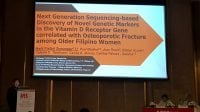
Vitamin D paper at AFES 2017
On November 10, the research paper titled “Next Generation Sequencing-based Discovery of Novel Genetic Markers in the Vitamin D Receptor Gene correlated with Osteoporotic Fracture among Older Filipino Women” was presented by Mr. Mark Pretzel P. Zumaraga, RCh, MSc, Science Research Specialist II at the Nutritional Biochemistry Section of Food and Nutrition Research Institute, Department of Science and Technology. The paper was accepted for oral presentation at the AFES Investigator’s Award for the theme, Calcium and Vitamin D Metabolism at the 19th ASEAN Federation of Endocrine Societies (AFES) Congress was held in Yangon, Myanmar on November 9-12, 2017.
Welcome to PGC!
Welcome to the Philippine Genome Center, a genomics-focused multidisciplinary research unit of the University of the Philippines. PGC combines basic and applied research for the development of health diagnostics and therapeutic products and process, and improved agriculture and aquatics resources. It was established during the 1246th UP Board of Regents meeting on July 31, 2009 […]
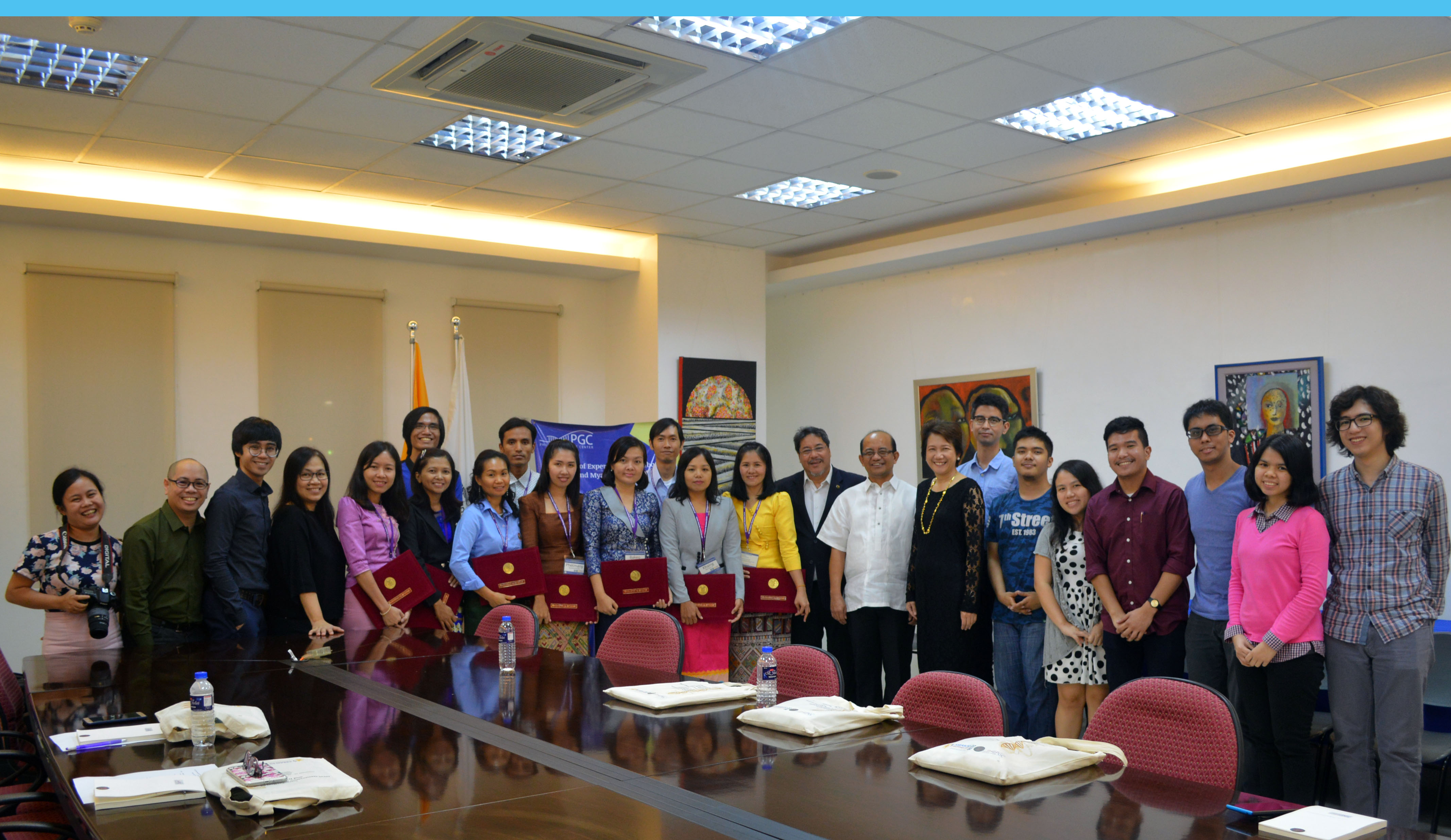
Training of Experts from Cambodia, Brunei, Lao PDR, Myanmar, and Philippines on Genomics and Bioinformatics
The Philippine Genome Center supported by the Philippine Council for Agriculture, Aquatic and Natural Resources Research and Development (PCAARRD) – Department of Science and Technology (DOST) organized a workshop for representatives from some of the participating ASEAN countries during the 9th Informal ASEAN Ministerial Meeting on Science and Technology (IAMMST-9) held in October 2016. Project […]
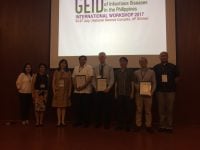
Locally-based and UK-based scientists and researchers share research studies in understanding epidemiology of infectious diseases at the GEID 2017
Locally-based and UK-based scientists and researchers share research studies, best practices in understanding epidemiology of infectious diseases, and how advanced tools like Next Generation sequencing and bioinformatics can aid in the detection, prevention and control of the diseases.

GEID Philippines 2017
This five-day Workshop will be held at the National Science Complex, University of the Philippines, Diliman, Quezon City, Philippines, aimed at early career researchers from the UK and the Philippines.
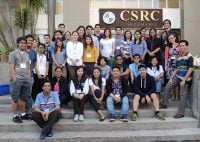
Genome Assembly, Annotation and Variant Calling Training And Workshop (May 2016)
Genome Assembly, Annotation and Variant Calling Training and Workshop (May 2016) by Core Facility for Bioinformatics
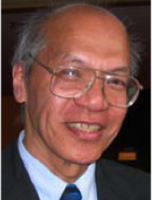
Systems Biology in the Philippines: Past, Present and Potential
Systems Biology activities in the Philippines began in early 2003 with courses on modeling biological networks at NIMBB and the Math Department, as well as the launch of the Mathematical Life Sciences Initiative (MLSI). The talk will present briefly the highlights of the First Decade of Systems Biology in the Philippines (2003-2013)-considered as the “Past”-which consisted largely of Filipino computational scientists collaborating with foreign experimental researchers.
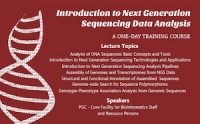
Introduction to Next Generation Sequencing Data Analysis (UP Manila, Sept. 2015)
Introduction to Next Generation Sequencing Data Analysis
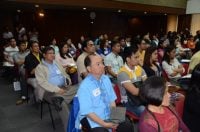
Agrigenomics Symposium
Researchers from various research institutions in Luzon attended the recently conducted symposium on genomic advancements in agriculture.

